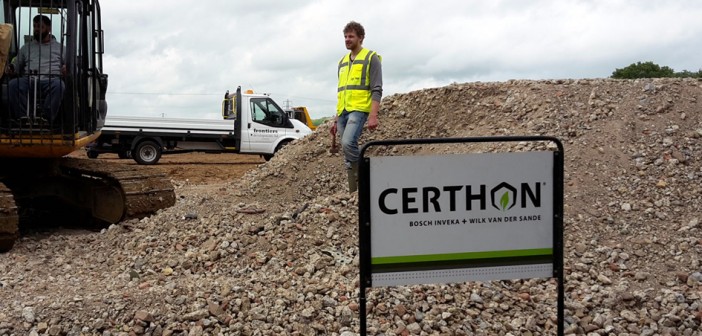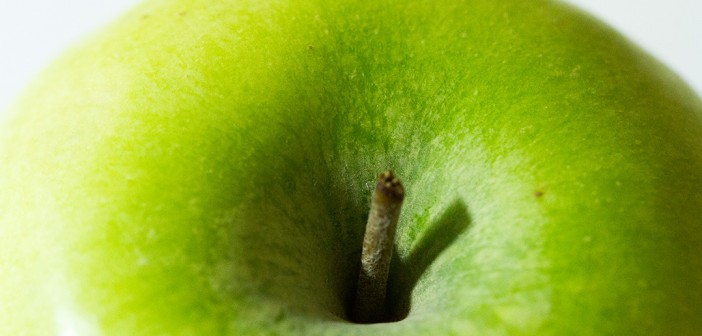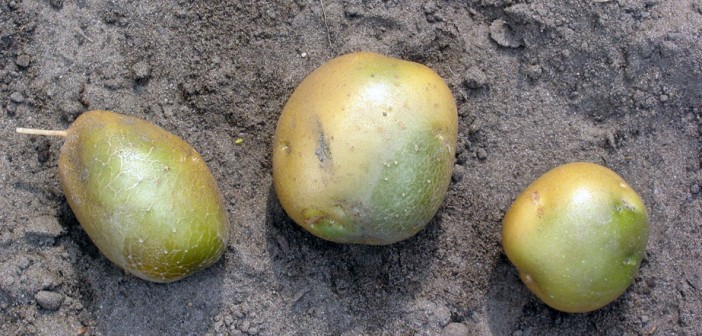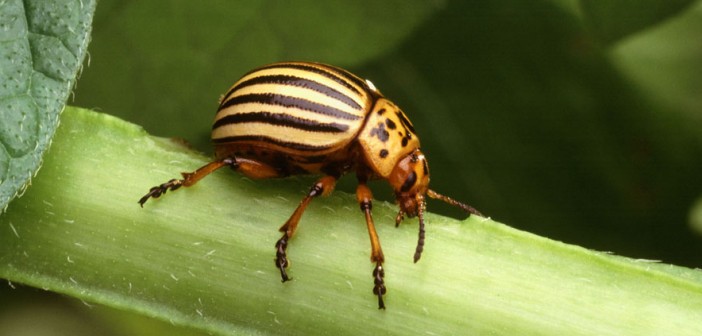Consumer group Which? and the Government Office for Science have published a new report on Food System Challenges.
The report summarises the findings of a project, carried out with additional support from Sciencewise, to understand the public’s priorities for Britain’s future food supply and the wider food system. Group discussions took place in London, Paisley and Cardiff, and while the discussions focused on chicken, meat and wheat, many of the conclusions apply to all food including fresh produce.
One of the main findings was that consumers do not know enough about where their food comes from and have a limited understanding that the food system has an impact on the environment. However, there was an awareness of the environmental and transport issues surrounding out of season produce and attempts to reduce food miles.
One dialogue participant said, “I think we’ve all got responsibility there and if we all do our little bit and come together rather than one blaming the other, it’s easy to blame the manufacturers and say it’s one or the other but I think we should all come together on this.”
Peter Melchett, policy director at the Soil Association commented, “This research shows that people will back food and farming policies that deliver a healthier climate, more wildlife and slimmer waistlines. They want the government to deliver radical improvements in agriculture and diets. Defra’s forthcoming 25 Year Food and Farming Plan must reflect this, by committing to far reaching cuts in greenhouse gas emissions, and curbing the use of agricultural chemicals in favour of more climate and wildlife friendly approaches. The plan will also need to help people to eat well and this means less and better meat, more fruit and veg and fewer processed foods.”

The post Soil Association welcomes Which? report appeared first on Hort News.









